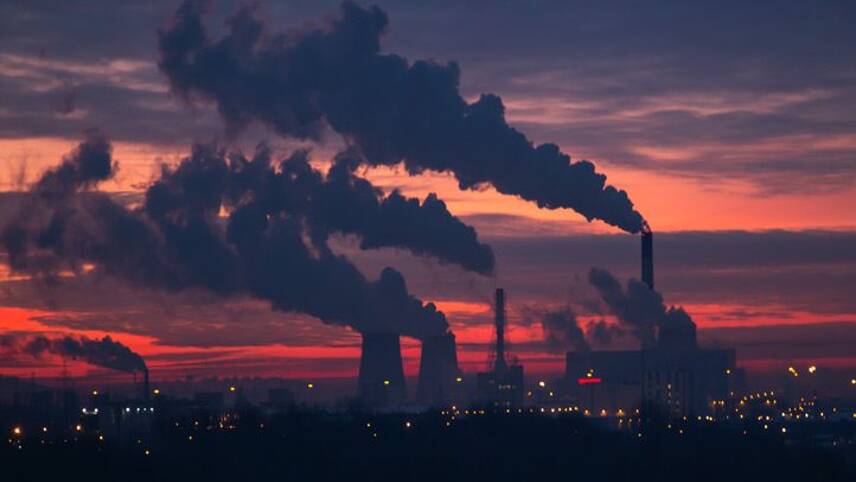Register for free and continue reading
Join our growing army of changemakers and get unlimited access to our premium content

LSE warns that less than 5% of global emissions that are covered under carbon pricing initiatives are priced at a level consistent with the aims of the Paris Agreement
A new briefing from the LSE has warned against reducing or pausing global carbon prices in order to spur economic productivity in response to the downturn caused by the Covid-19 outbreak. Instead, LSE claims that repricing in alignment with the needs of the Paris Agreement would stop fossil fuels from being locked into any recovery packages and spur further decarbonisation.
The briefing found that the UK could generate around £15bn a year over the next decade – equating to roughly three-quarters of annual public spending on adult social care – by promoting new carbon taxes.
“Carbon pricing is fair and efficient and sends a clear message that the polluter must pay. But if carbon is not priced and fossil fuels are subsidised, the post-COVID-19 recovery will be distorted in favour of a high-carbon economy which will leave society more vulnerable to future risks and lock in a high-carbon path that is more costly to reverse later,” author and Grantham Institute Policy Fellow, Josh Burke said.
“Putting a price on carbon can achieve both economic and environmental objectives as carbon pricing with complementary measures will encourage the substitution of high-carbon goods and services with lower carbon technologies, stimulating sustainable growth rather than driving down economic activity.”
LSE warns that less than 5% of global emissions that are covered under carbon pricing initiatives are priced at a level consistent with the aims of the Paris Agreement. Fears are also emerging that some nations, namely the US, will continue to subsidise the fossil fuel industry in the wake of the outbreak. A similar reaction took place in response to the 08/09 financial crash and LSE warns policymakers against focusing on austerity in response to the current pandemic.
Additionally, corporate lobbying groups have been accused of “taking advantage” of the chaos caused by the coronavirus outbreak, with oil and gas groups and automotive coalitions found to have been calling for relaxed or postponed environmental regulations as response mechanisms to the virus.
From people to polluters
Taxes could be moved from people to polluters, the briefing notes, with carbon prices able to raise revenue in a way that wouldn’t be detrimental to society, compared to labour or income taxes. However, this is based on most carbon prices being adjusted.
The LSE recently claimed that the Government could siphon off a large chunk of the revenues from increased carbon prices to improve the energy efficiency of fuel poor households.
It claimed that increasing the tax to £50 per tonne of carbon dioxide this year, rising to £75 by 2030, would generate £57bn worth of revenues over the next decade.
The report recommends that around one-third of this revenue (£18.8bn) could be used to compensate fuel-poor households by upgrading their property’s energy efficiency, therefore ensuring they would not be out of pocket as a result of the higher tax.
Under UK Government legislation, the Carbon Price Support will continue to operate at £18 per tonne of CO2 up to 2022. After the Brexit transition period, the UK will aim to apply an “ambitious carbon price” that could be linked to the EU Emissions Trading System (ETS).
Matt Mace


Please login or Register to leave a comment.